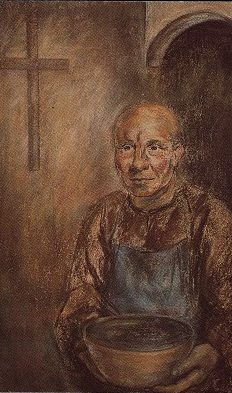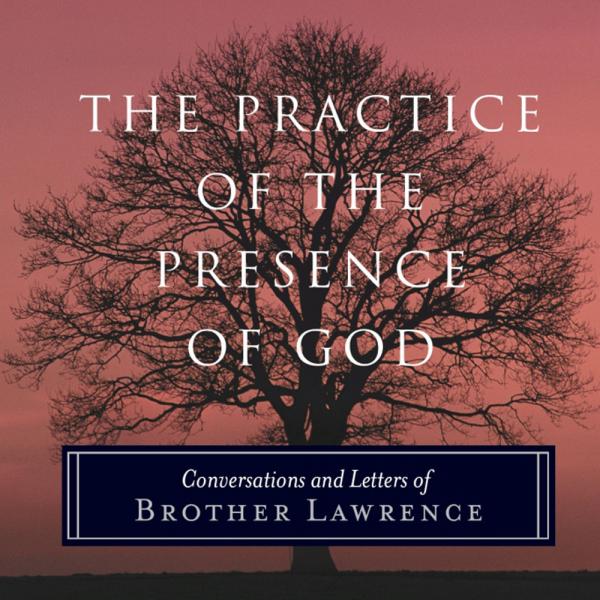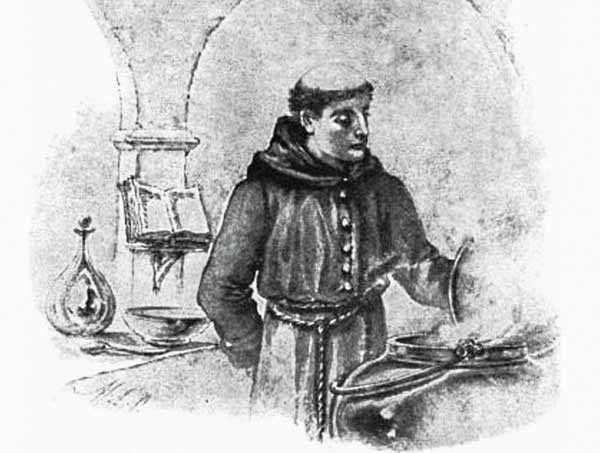He said that useless thoughts spoil all – that the mischief began there. We ought to reject them as soon as we perceived their impertinence and return to our communion with God. In the beginning he had often passed his time appointed for prayer in rejecting wandering thoughts and falling right back into them. He could never regulate his devotion by certain methods as some do. Nevertheless, at first he had meditated for some time, but afterwards that went off in a manner that he could give no account of. Brother Lawrence emphasized that all bodily mortifications and other exercises are useless unless they serve to arrive at the union with God by love. He had well considered this. He found that the shortest way to go straight to God was by a continual exercise of love and doing all things for His sake.
He noted that there was a great difference between the acts of the intellect and those of the will. Acts of the intellect were comparatively of little value. Acts of the will were all important. Our only business was to love and delight ourselves in God. All possible kinds of mortification, if they were void of the love of God, could not efface a single sin. Instead, we ought, without anxiety, to expect the pardon of our sins from the blood of Jesus Christ only endeavoring to love Him with all our hearts. And he noted that God seemed to have granted the greatest favors to the greatest sinners as more signal monuments of His mercy.
Brother Lawrence said the greatest pains or pleasures of this world were not to be compared with what he had experienced of both kinds in a spiritual state. As a result he feared nothing, desiring only one thing of God – that he might not offend Him. He said he carried no guilt. “When I fail in my duty, I readily acknowledge it, saying, I am used to do so. I shall never do otherwise if I am left to myself. If I fail not, then I give God thanks acknowledging that it comes from Him.”
Brother Lawrence ‘The Practice of the Presence of God’






Recent Comments